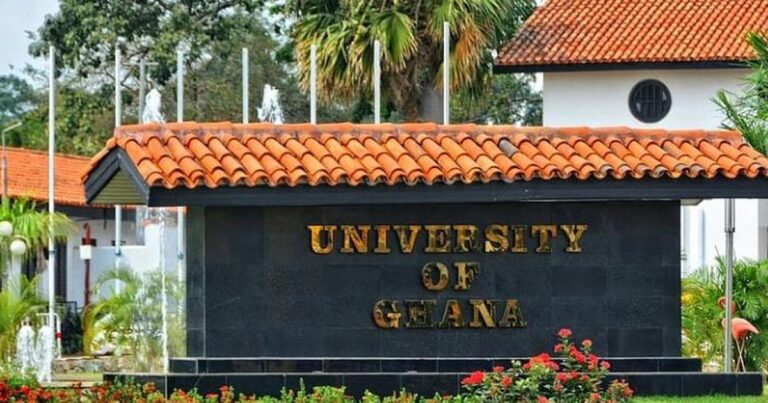The University of Ghana has announced an indefinite postponement of the 2024/2025 academic year due to ongoing strikes by various labor unions. This decision, communicated in a statement on September 25, 2024, comes amid a broader wave of industrial action sweeping across the nation.
While the general reopening has been delayed, the university reassured stakeholders that “special programs will, however, proceed as scheduled,” promising to communicate a new start date in due course.
In their announcement, the university emphasized: “The commencement of the 2024/2025 academic year has been postponed due to the ongoing strike action by various employee groups. Special programs will proceed as scheduled, and a new date will be announced soon.”
This situation reflects a growing trend of strikes in Ghana, with multiple unions expressing dissatisfaction over working conditions, unresolved pension issues, and unmet government commitments. Notably, the Senior Staff Association of Universities of Ghana has been on strike since September 16, 2024. The Teachers and Educational Workers Union (TEWU) joined the action on September 20, citing delays in vehicle maintenance payments, off-campus allowances, and Tier Two pension deductions.
Other striking groups include the National Commission for Civic Education (NCCE), the Federation of Senior Staff Association of Ghana (FUSSAG), and the Ghana Association of University Administrators (GAUA), all of which have been demanding better working conditions and adherence to previous agreements with the government since mid-September.
The situation could worsen as additional unions, such as the Colleges of Education Teachers Association of Ghana (CETAG) and the University Teachers Association of Ghana (UTAG), have signaled intentions to strike before the end of the month.
Labor analyst Austin Gamey attributes this surge in strikes to apprehensions about potential governmental changes. He noted that many unions are eager to have their demands addressed now, fearing that a new administration may delay the resolution of their issues. “They want the current government to settle their arrears before any transition, as new governments often take time to address such matters,” Gamey explained in an interview with Accra-based Citi FM.
These strikes raise significant concerns regarding their impact on vital sectors and the overall economy of the country.


